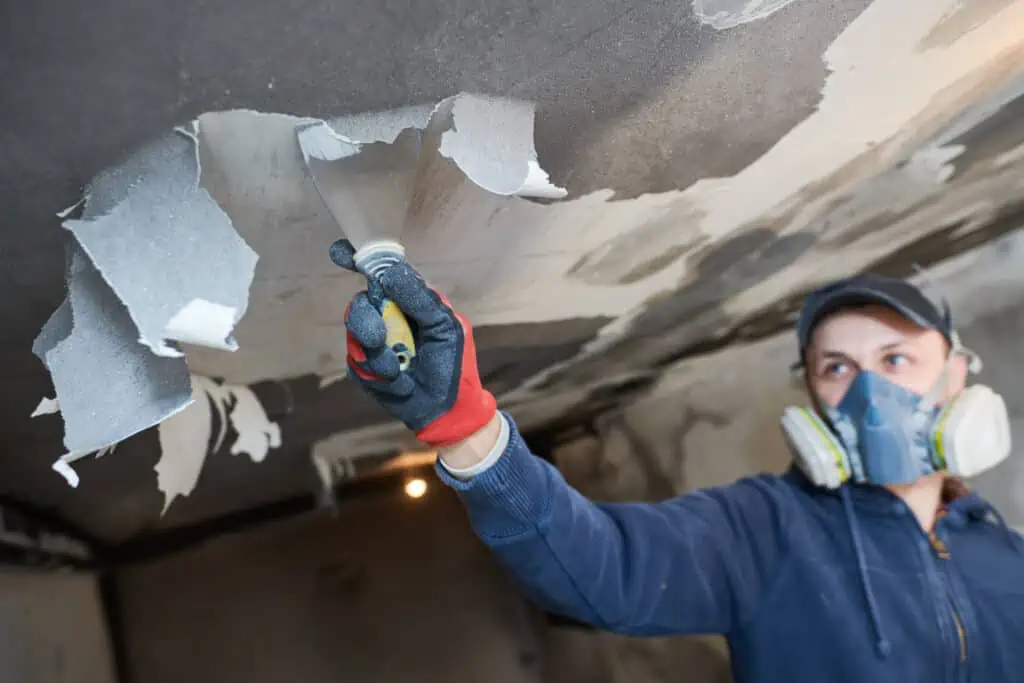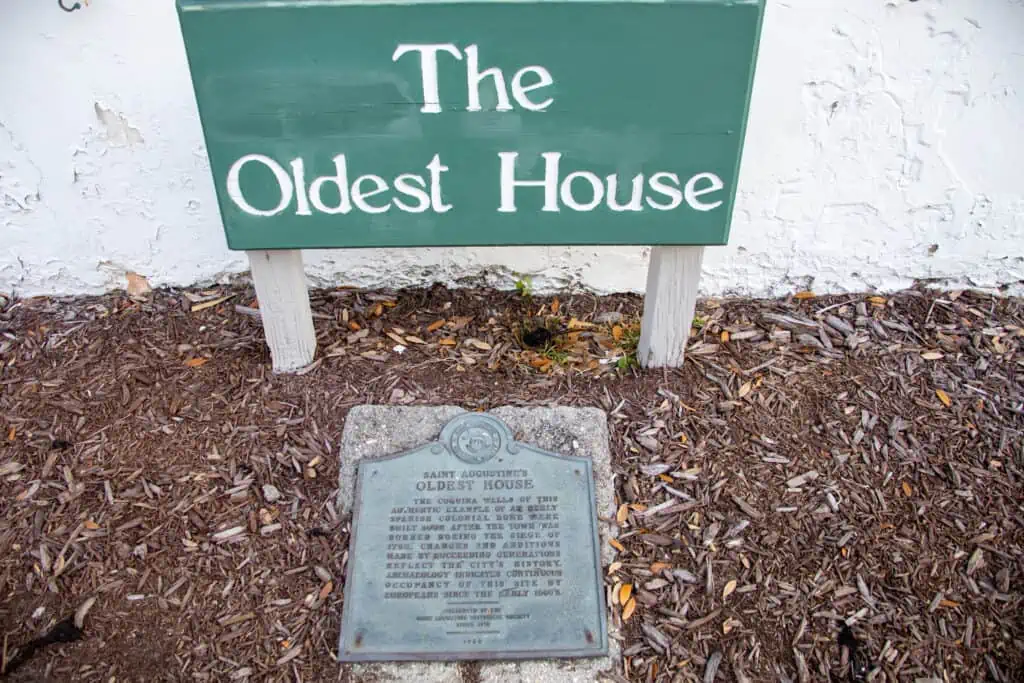How To Find the History of a House Before You Move There
Posted in: I'm Moving, Buying & Selling a Home, Home ImprovementEvery house has a story. Before you move in, it’s a good idea to find out exactly what that story is.
Knowing about a property’s past owners and issues can help you better take care of your home and prevent future problems. Simple, right? But how do you actually find out a house’s history?
That’s where a property history report comes in.
What is a home history report (and why do I need it)?
A history report for a home is not the same thing as its inspection report!
A home inspection gives you a snapshot of what’s currently going on with a property, while a history report explains what’s happened in the past.
With a home history report, you can find out details such as
- Past owners
- Building permits
- Damages
- A lot more!
This might give you a heads-up about problems of which you weren’t aware, or help you learn about the parts of your home that may have been added onto or reconstructed. (You may decide that you don’t want to pursue buying a home that was damaged in a flood, for instance. )
At the very least, maybe you’re just simply curious about the property you’re about to call home. Who wouldn’t be?
What else can a home history report tell me?
Here are some of the major findings you could come across (and should definitely know about!):
- Rehabilitation history: This is particularly important if you’re buying an old home with historical significance or architectural interest. Over the years, previous owners may have made changes to the property to better fit their tastes or modernize it. Finding out the rehabilitation history can clue you into what changes were made (which you may want to reverse) and what original features are still present.
- Historic Designation: Some homes receive a formal historic designation, which means the property was recognized on the local, state, or national level as having a significant connection to history, a person, or architecture. Not only is that super cool, but it also comes with special tax incentives, code exemptions, and assistance from specialists.
- Avoid costly surprises: Surprises are fun — except maybe when it comes to your house. Knowing the history of your house gives you a better understanding of its condition, and allows you to be proactive about potentially costly issues.
- Interesting facts: You might want to find out more about the history of your home simply because it’s interesting! A home history report can tell you more about why certain rooms look the way they do, owners that came before you and what they were like, and any other tidbits about your home you might not otherwise know.
How to perform a home history check step-by-step
If you want to get the full picture of your home’s history, here are most of the sources you should gather information from, with links and/or information on how to do them.
- Registry of deeds: To see the chain of ownership for your property, you can search through your local registry of deeds. This is maintained by local government officials, and contains documents made available to the public in case a deed or property ownership is ever in question.
- Old census records: The U.S. Census collects a ton of data on residents, which you can review to learn more about the families who used to live in your house. Find details such as ages, where they were born, marriage status, etc. Keep in mind that depending on how far back you go, you may only be able to find information about the head of household.
- Title search: When buying a new home, paying for a professional title search is part of the process. This digs up information contained in public records to ensure the seller is the legal owner of the property and whether there are any liens or claims against the property. You can use a title search to find out who all of the previous owners of a property were.
- National Registry of Historic Places: If you’re ever trying to figure out whether your home is considered an official historic place, you can search the National Registry of Historic Places database. This is managed by the National Park Service and lists all of the homes that are registered and designated as “historic” due to age, architectural style, etc.
- Land records: If you want to look waaay back at a property’s history — potentially, as far back as 1788 — try reviewing The Bureau of Land Management General Land Office Records. This can show you things like land patents, survey plats, and field notes.
- Historical maps of your city: In some cases, you may be able to search historical maps of your city by address to see what the building and surrounding land used to look like. You can check out whatwasthere.com, or search for maps of your specific city.
- Your real estate agent: Many people work with an agent when shopping for a home. This person can be a great source to learn more information about a property’s history, including previous owners.
- Previous owners: Speaking of past owners, once you find out who they are, you can try reaching out to them directly for more information about the home’s history. Your neighbors could also provide some insight.
- TraceMyHouse.com: One website that can help you do some of the digging on your home’s history is tracemyhouse.com. Here you can look up info related to the land, tax records, maps, photos, and more.
- DiedInHouse.com: This might be information that some homeowners would rather not know. But if spooky sounds have been coming from the attic, you might want to check whether anyone has died in your home by searching diedinhouse.com. For $12, you can get a report that also shares whether there have been any fire-related records, meth labs, sex offenders, or other issues within the home.
See prices for local moving labor. Read real customer reviews. Easily book your help online.
Home history report vs. C.L.U.E. Report
One document you might come across while researching your property is a Comprehensive Loss Underwriting Exchange (C.L.U.E.) report.
The information in this particular report is provided by various insurance companies that have all agreed to share historical loss details for properties around the country.
“A history report for a home is not the same thing as its inspection report. A home inspection gives you a snapshot of what’s currently going on with a property, while a history report explains what’s happened in the past.”
For the address it’s made for, C.L.U.E. reports generally include the types of any claims made, the date a loss occurred, and how much an insurance company had ever paid out. This information is used by agents to calculate risk and set insurance rates, but you can also use it to find out certain details about your home. It’s not the same as a home history report, but it includes important details that can highlight any potential red flags. (For example, if the home had multiple claims due to water damage, it might mean that the plumbing system was installed incorrectly.)
Keep in mind that only the current homeowner can request a C.L.U.E. report, and the data only goes back five years.
4 more things you should pay attention to during your home history check

Here are some other things to pay attention to when performing your home history check:
- Any previous sales: There is a lot of information you can find from the sales history, including price history, whether the home was a previous foreclosure, etc.
- Environmental information: Before buying a home, you might want to know about the environment around it, like whether there’s a polluted stream nearby.
- Fire activity: Previous fires or gas leaks could signal underlying issues with a home’s gas or electricity systems.
- Criminal activity: Crimes that were committed at your address could clue you in to the types of criminal activity that occur in your neighborhood. You may not want to move into a place where break-ins or drug issues are common.
When you move into a new house, for better or worse, you inherit its history, too. Knowing the past stories of a property can help identify potential problems. But it also provides a rich perspective on the place you now call home.








